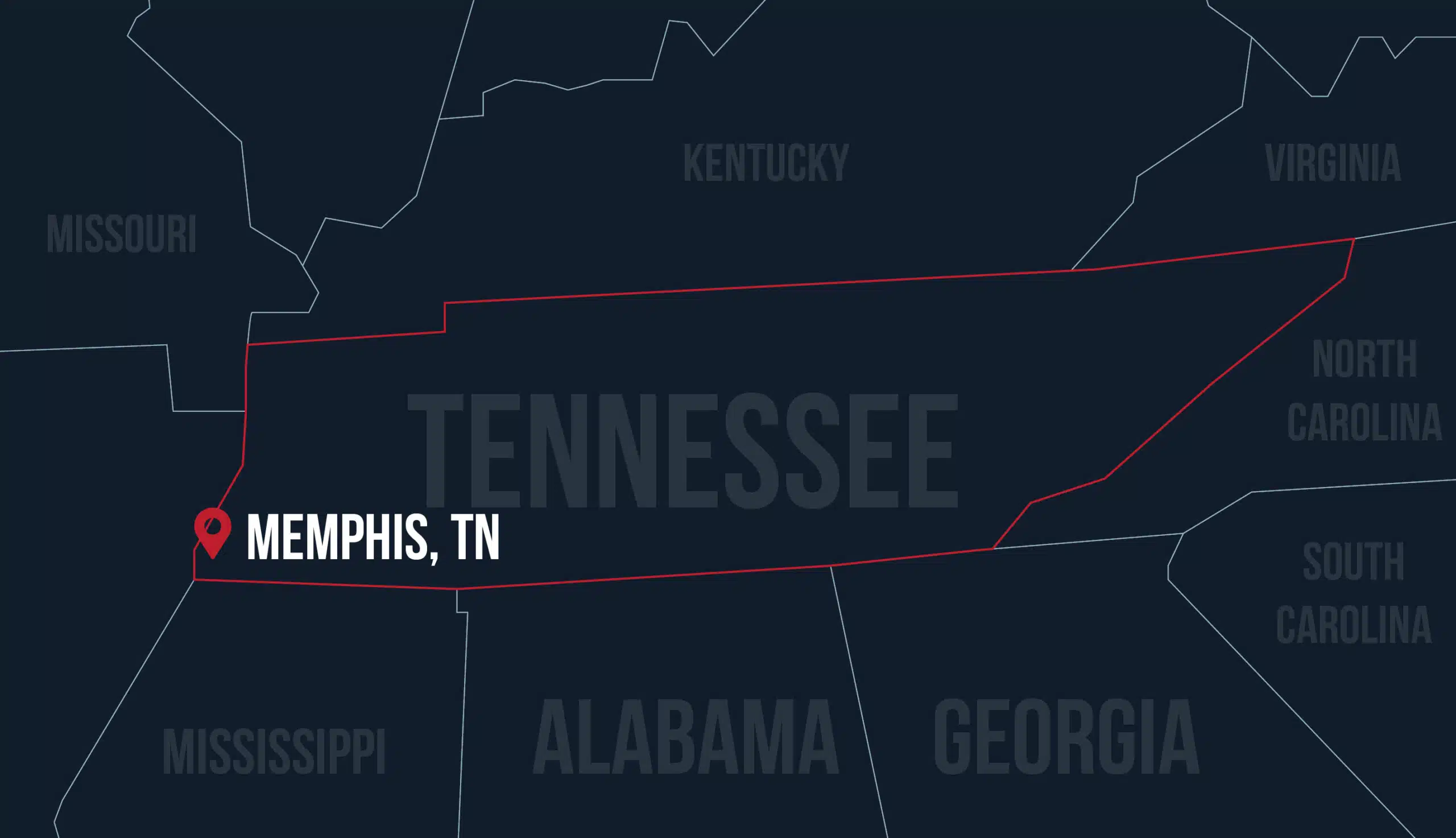Free 24/7 Consultation | "Call The Champs"
 Skip to content
Skip to content


At NST Law, we are dedicated to helping injured individuals and their families get the justice and compensation they deserve.
"*" indicates required fields


Expertise
Mr. Trotz has handled injury cases involving auto accidents, slip and fall, premises liability, and negligent security. Every day, Mr. Trotz represents those who have been injured and many of his clients have sustained traumatic and life-altering injuries.
Corporations and governments rely on bodies of water across the United States to ship goods, receive goods, and transport raw materials needed for basic necessities including food. Bodies of water are also used for travel and entertainment, such as riverboats and cruise ships. Thousands of Americans work in maritime jobs across the country, and many work on large ships, barges, and offshore oil rigs.
Day in and day out, these workers operate complex and heavy machinery, which can be dangerous if not used correctly. Many safety regulations are in place to protect maritime workers and prevent catastrophic results, such as loss of limbs, brain damage, and even loss of life. One federal law in place to protect injured maritime employees is known as the Jones Act.
The Jones Act provides an avenue of recovery to “seamen” injured through the course and scope of their employment. Seamen generally refers to individuals working on a vessel or fleet that operates in navigable waters, which are bodies of water like rivers and lakes that are capable of being used for interstate commerce. One example of a navigable water is the Mississippi River, which flows from Louisiana up to Minnesota. Vessels covered under the Jones Act may include cargo ships, cruise ships, barges, offshore oil platforms, drilling rigs, and fishing boats. In certain circumstances, an injured seaman can still recover compensation even if the vessel was docked or the injury occurred on land.
Under the Jones Act, seamen injured in the course of their employment can bring a civil action against their employer for injuries sustained on the job. Many injured seamen sustain traumatic injuries that require extensive hospitalization and therapy. The Jones Act also applies to seamen who pass away due to on the job injuries, in which case the personal representative of the deceased seaman may file the action in court.
A Jones Act plaintiff may be entitled to damages for medical bills and lost wages, referred to as “maintenance” and “cure.” Injured workers can also receive damages for permanent disability, pain and suffering, and loss of enjoyment of life, unlike in most workers’ compensation claims where those types of damages are not recoverable under state law. Punitive damages have been awarded in Jones Act cases where maritime employers were found to have acted maliciously.
Jones Act lawsuits for personal injury or death must be brought within three (3) years of the date of injury, or the claim will be barred forever. Maritime companies must follow strict federal guidelines, which makes it critical to contact an attorney as soon as possible to begin documenting evidence and developing your case. If you are injured working at sea or on a ship, you should contact a Jones Act attorney immediately to discuss your legal rights.
If you or a loved one has been hurt working offshore or on a vessel, the Jones Act attorneys at Nahon, Saharovich & Trotz can help you explore your options. Our trial attorneys serve victims and their families throughout Tennessee, as well as in Arkansas, Kentucky, Mississippi, and Missouri. Many of our clients have come from cities such as Memphis, Nashville, Knoxville, Chattanooga, Jonesboro, Little Rock, Jackson, Meridian, Tupelo, Columbus, Grenada, Starkville, Oxford, Hayti, and Caruthersville. Call our office at 800-529-4004 or complete our online form to set up a free consultation. No matter your situation, NST is the way to go.

“CALL THE CHAMPS!” | AVAILABLE 24/7
"*" indicates required fields
